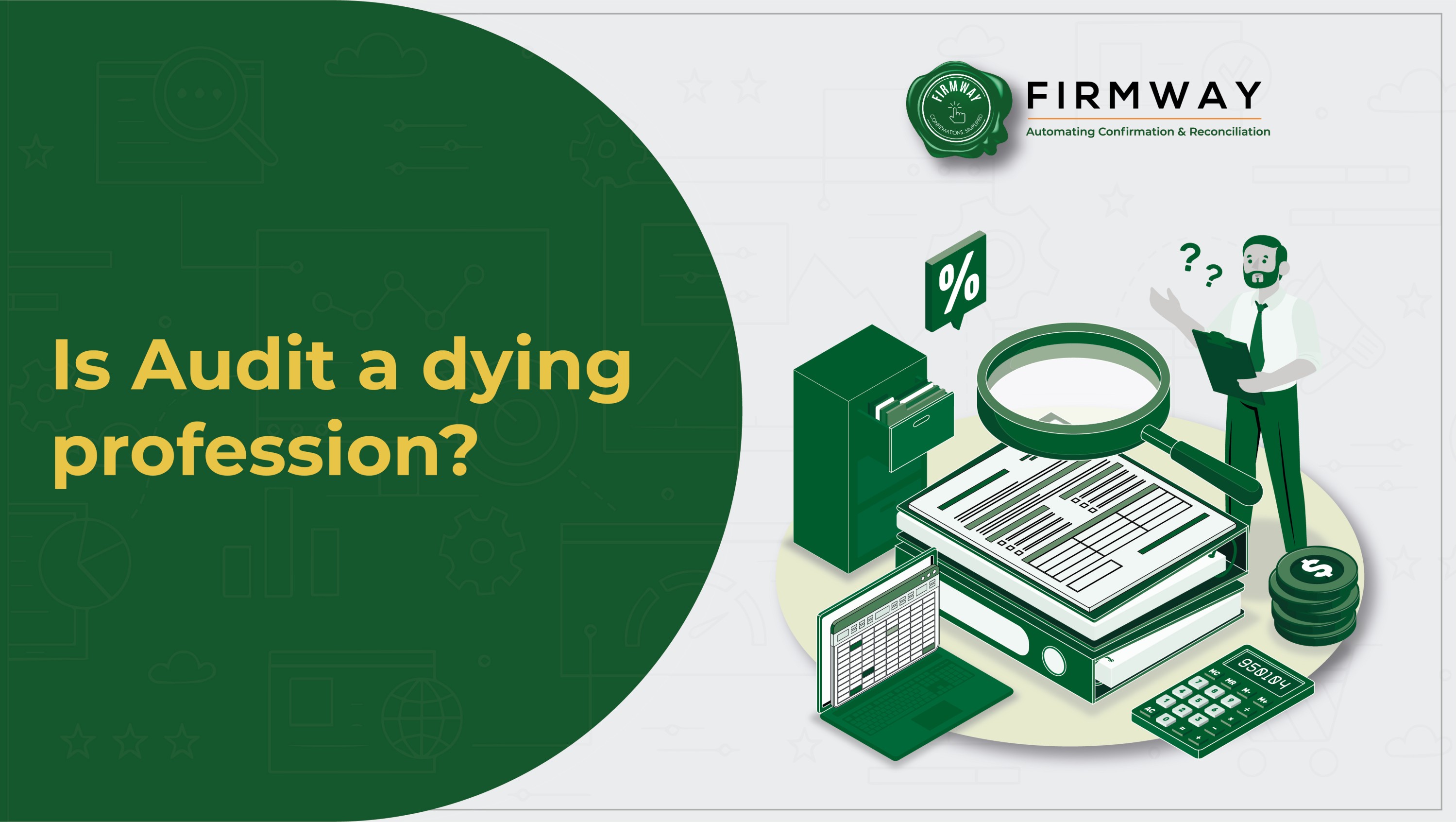Is Audit a dying profession?
The audit industry is at a crossroads: as market expectations are shifting, technology is empowering auditors and improving quality, the case for audit’s evolution is growing, and more and more businesses are realizing the importance of the audit and assurance industry. In fact, many businesses that previously did not conduct audits now see the value in doing so.
People feel auditing is a dying industry, but it is not. As per research by Deloitte, the audit industry will grow rapidly in the coming 10 years. Times are challenging and auditing is evolving with the help of AI, which helps auditors to automate time-consuming manual activities and focus on higher-value activities. They are realizing the importance of returning to basic management principles in order to identify and correct problematic management practices; auditing plays an important role in this regard because only a genuine and effective audit can drive effective fraud detection and risk management procedures within a company.
AI helps auditors optimize their time by allowing them to perform better and smarter, allowing them to use their human judgment to assess a broader and deeper range of data and documents. The incorporation of modern technologies such as machine learning (ML), cloud computing, and artificial intelligence (AI) with audit software will drive market expansion. These products are used to improve organizations’ risk management skills.
As new standards enable Artificial Intelligence to create new chances for evidence generation, there is also an opportunity to rethink the skills that auditors can gain on the job. As data-driven methodologies grow more common in today’s audits, auditors may now claim to be learning key business skills as well as AI skills. The knowledge that auditors gain through these automation tools equips them to do their job better and deliver better quality reports and results to their clients.
Some people assume that when a part of a profession becomes automated, the human element of the same is devalued. I see the opposite happening with audit automation. As auditors are freed from the more tedious and manual aspects of auditing that are spreadsheet-driven and tick-and-tie tasks — there is more room for strategic insights and critical thinking. This only expands the significance of the work auditors carry out, the influence they have, and their relevance to the capital markets and the global economy.
About the Author:
Prashant Gupta is a Chartered Accountant by qualification but an Entrepreneur by passion. He comes with 5 years of experience as a Statutory Auditor before starting his own company Firmway Services, with a vision to Automate Audit Confirmation & Reconciliation for Auditors & Corporates.





